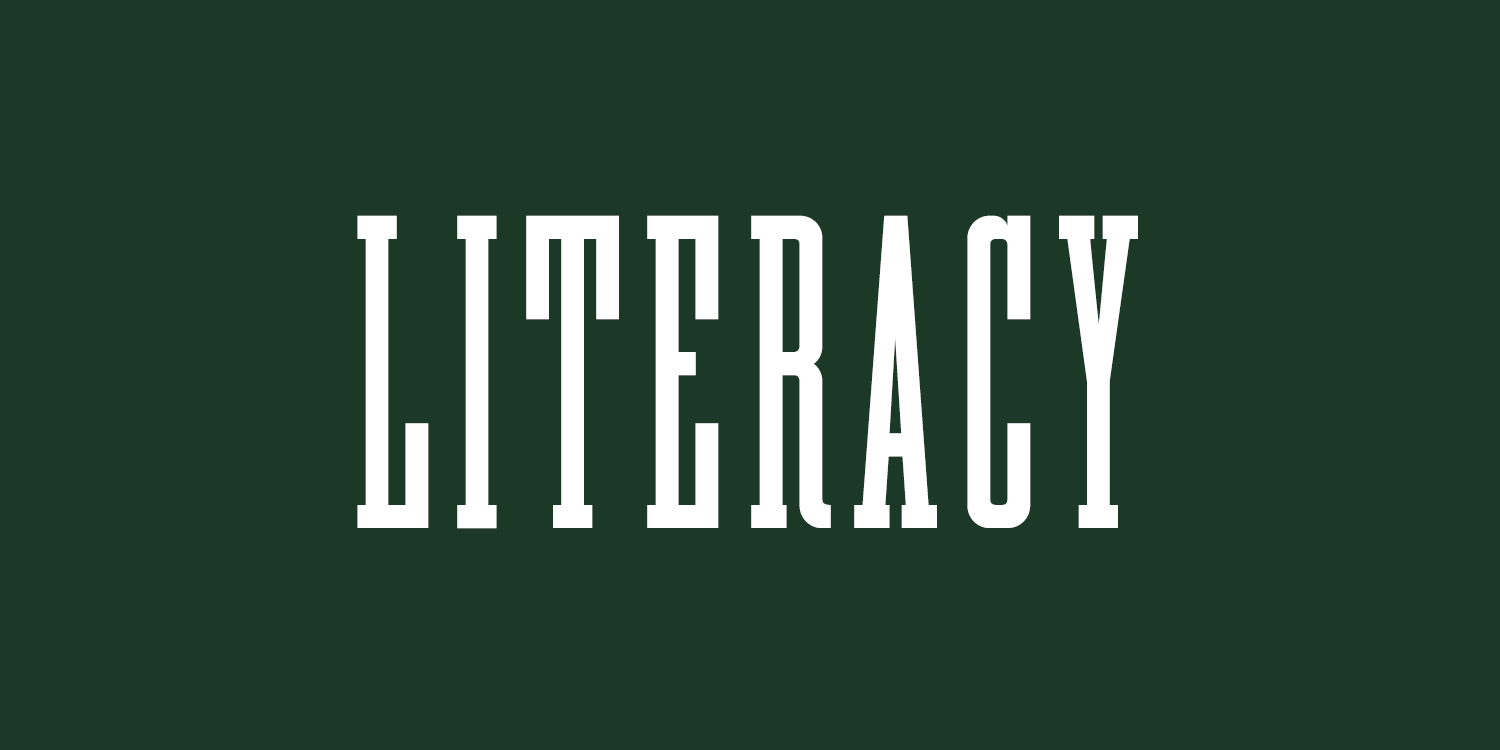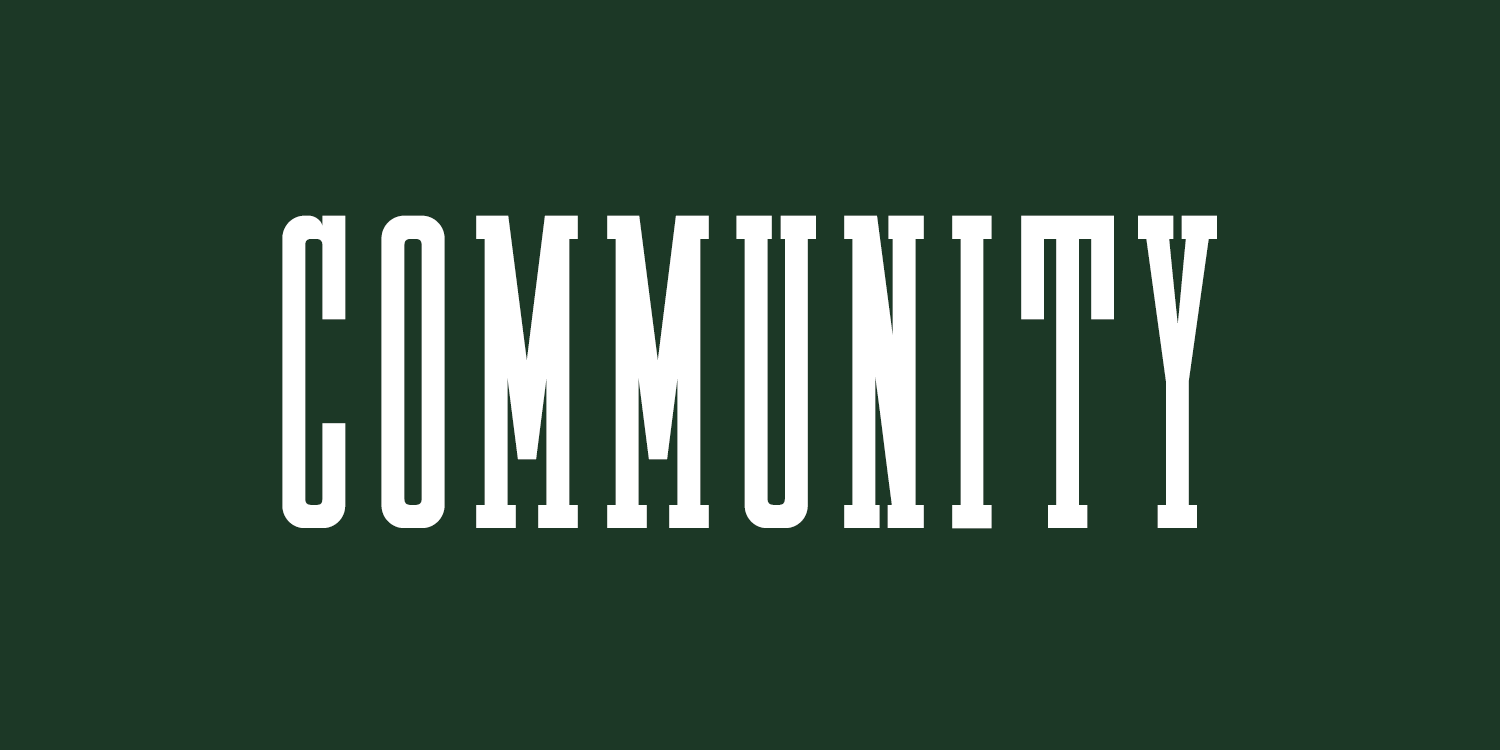A pain point for book lovers, parents, and educators alike is finding and accessing literature that represents a real and diverse array of identities and lived experiences. At Fulton Street at least 70% of our books are written by or featuring BBIPOC and/or marginalized communities. We envision a world in which everyone can find themselves or their stories reflected on the shelves and in a book. We believe that representation matters, we believe that who tells the story matters, and we are committed to being a space that prioritizes the voices of the preferably unheard.
31% of adults in Oklahoma function with basic literacy skills and 20% of Tulsans between the ages of 18-24 have less than a high school diploma. We are expanding the definition of literacy and reaching community in new ways through creative programming to ensure that more Tulsans have access to rich learning experiences that enhance literacy skills.
According to the Tulsa Equality Indicators Report, compared with white Tulsans, Black Tulsans are 3x more likely to find it difficult to access resources, activities, and opportunities in Tulsa.
Anecdotally, people of color in Tulsa often feel unwelcome in many mainstream establishments. At Fulton Street, we are committed to fostering an inclusive environment and creating a space designed with BBIPOC in mind.




